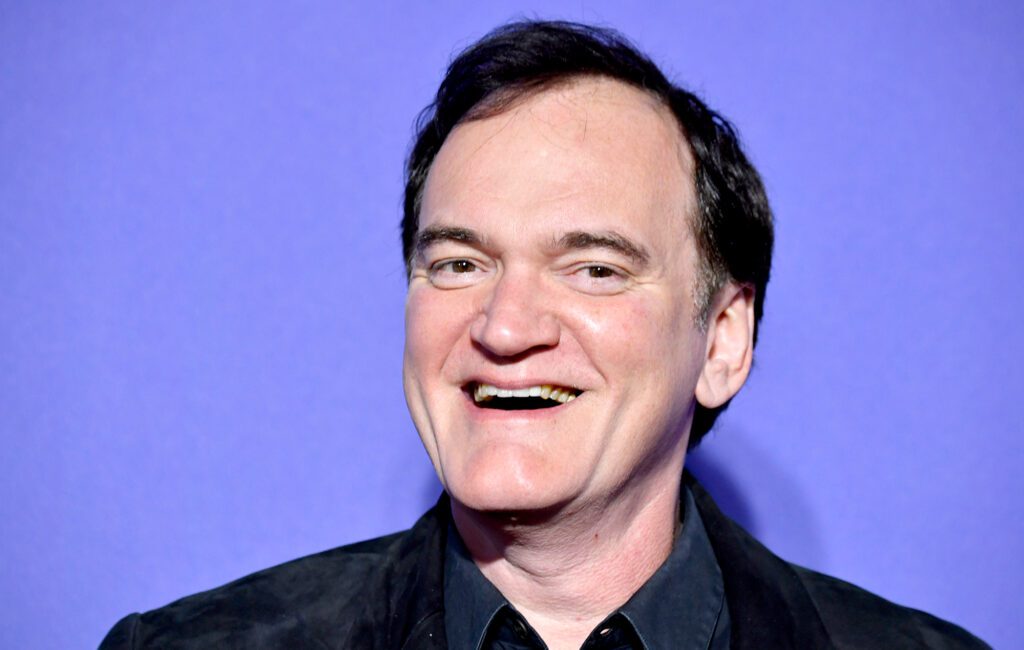‘Blonde’ divides critics in first reviews: “An engrossing slow-motion car wreck of a movie”
 Posted On
Posted On
Blonde has divided critics in early reviews, who have described it as both “miserabilist” and “fascinating”.
Directed by Andrew Dominik and based on the novel by Joyce Carol Oates, Blonde stars Ana de Armas as Marilyn Monroe and “blurs the lines of fact and fiction” in a reimagining of her life. The film also stars Adrien Brody, Bobby Cannavale and Julianne Nicholson.
- READ MORE: Can you make a good rock biopic without the music? It might actually be for the best
Blonde has attracted controversy after it received a restrictive NC-17 rating in the US, which recommends that no-one under the age of 18 should see the biopic.
Following its premiere at the Venice Film Festival on Thursday (September 8), where the film was met with a reported 14-minute standing ovation, reviews have now been released online – which paint a more controversial reception.
In a positive review on Deadline, de Armas’ performance is described as “extraordinary”, “ferociously emotional” and the reason “the film works at all”. The review, however, notes some explicit scenes of a miscarriage and a talking foetus might turn off viewers.
“But for the brave and the curious, Blonde should prove fascinating, an engrossing slow-motion car wreck of a movie that puts you squarely in the driver’s seat of the oncoming vehicle,” the review reads.
In a three-star review on The Guardian, the film is described as potentially slipping into an “exploitativeness that is problematic” in regard to the explicit scenes.
“It will be interesting to see how this plays to audiences when it comes out and eventually hits Netflix, testing whether Monroe’s story still speaks to viewers younger than the baby boomers who remember her when she was still alive,” the review reads. “De Armas’ intense and ultimately persuasive performance goes a long way towards bringing the goddess down to earth, but will that be enough?”
IndieWire was more critical of Monroe’s depiction, writing: “It’s not that Andrew Dominik has made an implausible film about the experience of a poor young beauty haunted by fears of madness who was chewed up by the Hollywood machine, the issue is that he has made a film inspired by Marilyn Monroe where she is monotonously characterized as a victim.
“To watch any of her movies is to feast on a luminous performer whose intelligence is sublimated beneath a knowingly hypnotic physical affect. Her legacy is still best preserved through her talents, rather than through a film that might as well be another face printed by Andy Warhol’s factory – an X-rayed version, so that instead of bright art pop art colours, the stencil is simply of a skull.”
In a review on Variety, Blonde is described as a “flawed but haunting” biopic anchored by a performance of “breathtaking shimmer and imagination and candour and heartbreak”.
A synopsis of the film reads: “Blonde boldly reimagines the life of one of Hollywood’s most enduring icons, Marilyn Monroe. From her volatile childhood as Norma Jeane, through her rise to stardom and romantic entanglements, Blonde blurs the lines of fact and fiction to explore the widening split between her public and private selves.”
Blonde is released on Netflix on September 23.


